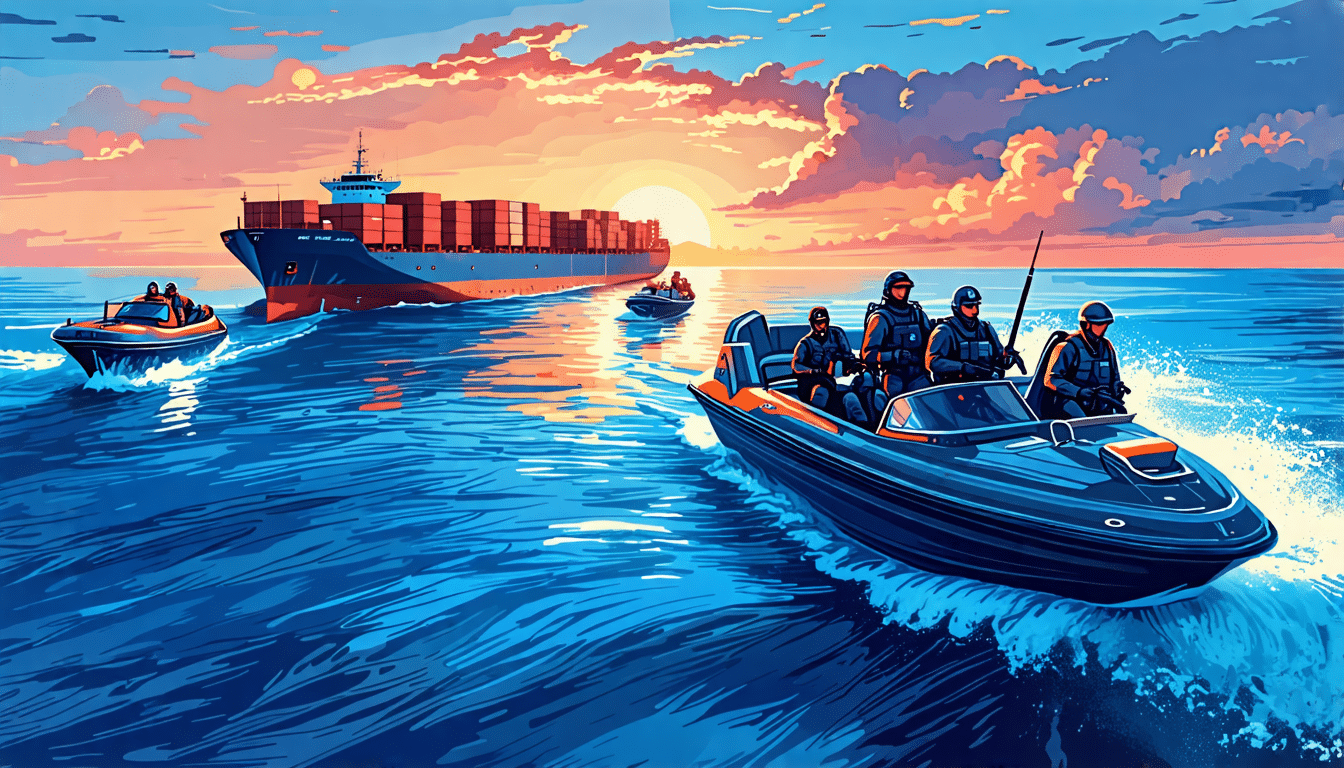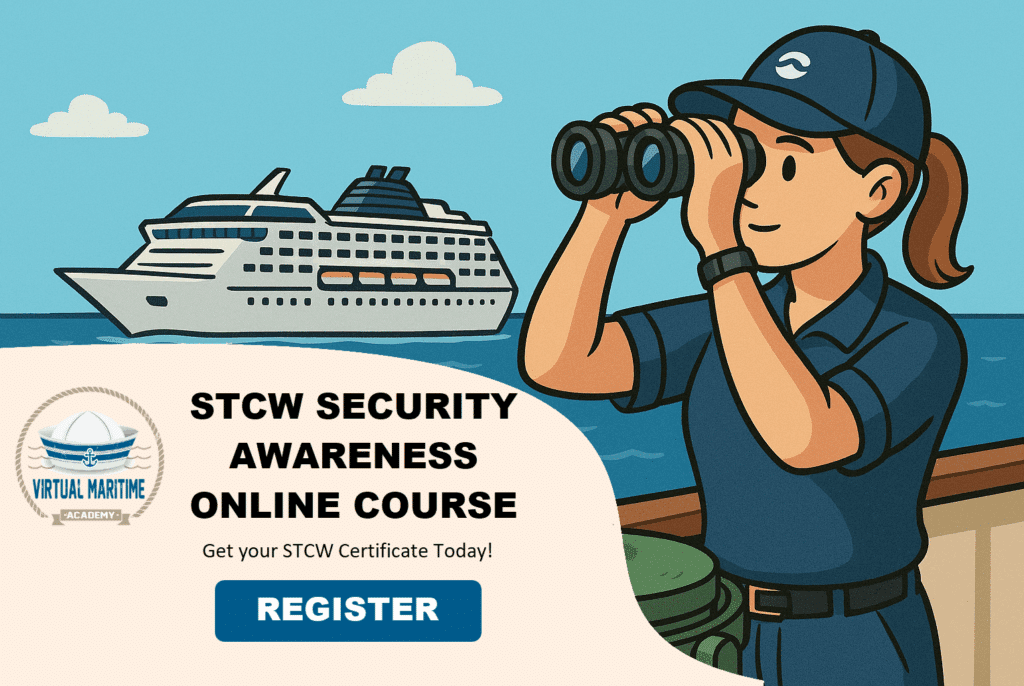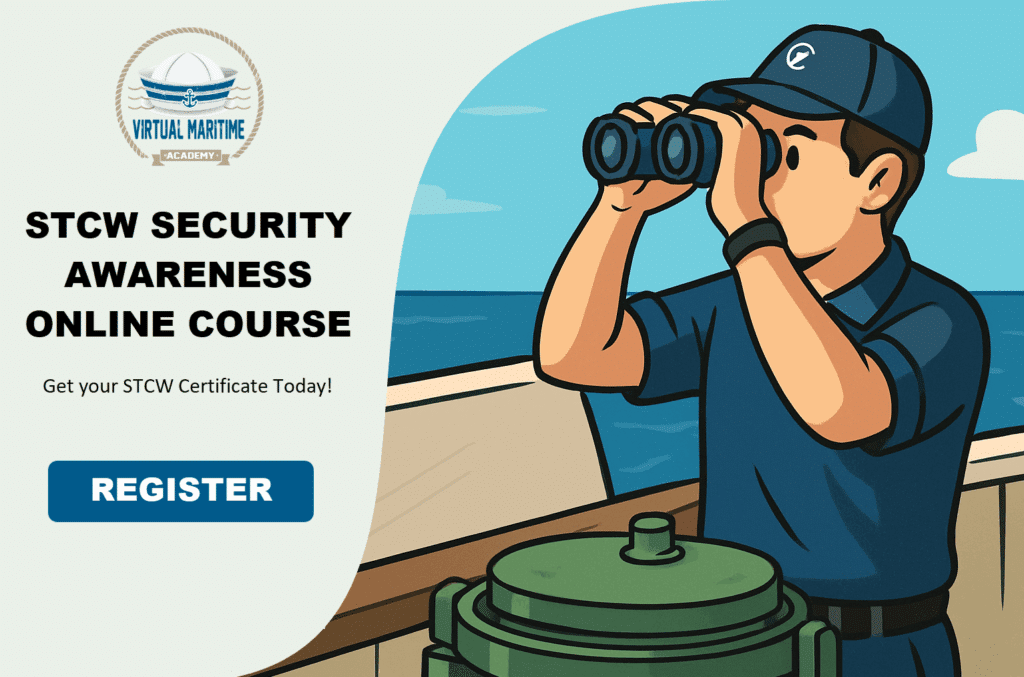In an era where global trade is the cornerstone of economic stability, the escalating threat of piracy poses a serious challenge to the maritime industry. As vessels traverse international waters, they become vulnerable targets, particularly in piracy hotspots such as the Gulf of Aden, the Straits of Malacca, and the waters off the coast of West Africa. These regions not only hold significant geopolitical importance but also serve as crucial arteries of maritime commerce. The frequency and audacity of pirate attacks have surged in recent years, translating into stark economic repercussions. According to recent statistics, piracy incidents have caused multi-billion-dollar losses annually, affecting not just shipping companies but the global supply chain at large.
In this perilous environment, maritime security firms have emerged as critical defenders against piracy. These specialized enterprises offer an array of sophisticated services designed to mitigate risks and ensure the safe passage of vessels. Employing highly trained personnel and state-of-the-art technology, maritime security firms implement robust protective measures, ranging from on-board security teams to advanced surveillance systems. Case studies from the field illustrate the efficacy of these firms, showcasing numerous instances where prompt and strategic interventions have thwarted pirate attacks, thereby safeguarding crew members and cargo. Through their unwavering vigilance and expertise, maritime security firms play an indispensable role in preserving the integrity of global trade against the looming threat of piracy.
The Growing Threat of Piracy and Its Impact on Global Trade
Overview of Current Piracy Hotspots and Their Geopolitical Significance
Piracy has emerged as a significant threat to maritime security, with several regions around the globe identified as piracy hotspots. The most affected areas include the Gulf of Guinea off the Western coast of Africa, the waters around the Horn of Africa, notably near Somalia, the Strait of Malacca, and parts of Southeast Asia. These regions are geopolitical flashpoints where political instability, economic disparities, and limited naval enforcement converge, creating fertile grounds for piracy.
The Gulf of Guinea has been particularly notorious in recent years, with frequent hijackings and kidnappings. This region is crucial for global oil shipments, making it a significant artery for energy supplies. Similarly, the waters around Somalia have long been infamous due to the absence of a stable government, allowing Somali pirates to operate unchecked. The Strait of Malacca, a narrow stretch connecting the Indian and Pacific Oceans, is another high-risk area due to the heavy traffic of commercial vessels that pass through it daily, making it a lucrative target for pirates.
Statistical Data on Piracy Incidents and Their Economic Impact on Global Shipping
Recent statistics illustrate the worrying frequency and severity of piracy incidents. According to the International Maritime Bureau (IMB) Piracy Reporting Centre, there were nearly 200 reported piracy and armed robbery incidents in 2021 alone. These incidents include hijackings, robberies, and attacks on vessels carrying valuable goods.
The economic ramifications of piracy are considerable. The direct financial losses due to stolen cargo, ransom payments, and damage to vessels are only the tip of the iceberg. The broader economic impact includes increased insurance premiums, route alterations to avoid high-risk areas, and heightened security measures onboard ships. The World Bank estimates that piracy off the coast of Somalia alone has cost the global economy approximately $18 billion annually.
The costs extend beyond immediate financial losses. Delays in shipping schedules can disrupt supply chains, affecting industries reliant on timely deliveries of raw materials and finished products. Increased shipping costs due to longer routes and higher insurance premiums ultimately lead to higher prices for consumers. Furthermore, the threat of piracy can deter investments in affected regions, exacerbating local economic challenges and creating a vicious cycle of poverty and insecurity that fuels further piracy.
https://www.virtualmaritime.academy/vma-courses/
How Maritime Security Firms Operate to Mitigate Piracy Risks
The maritime industry plays a crucial role in global trade, transporting goods worth billions of dollars every year. However, the industry faces a significant threat from piracy. To combat this, maritime security firms have become essential, providing a range of services to ensure the safe passage of vessels through high-risk areas.
Comprehensive Risk Assessment
One of the foundational services offered by maritime security firms is comprehensive risk assessment. These assessments are far from generic; they are tailored to each specific voyage and consider various factors such as the vessel’s route, cargo, and the latest intelligence on piracy activity. By utilizing sophisticated analytical tools and real-time data, maritime security firms can identify potential threats and advise on the best precautionary measures.
Onboard Security Personnel
Another critical service is the deployment of onboard security teams. These teams usually consist of highly-trained personnel, often with military or specialized maritime security backgrounds. Their presence acts as a strong deterrent to pirates, who are less likely to target a well-guarded vessel. Additionally, these security personnel are equipped with advanced weaponry and surveillance equipment to defend the ship if necessary. Their training also includes non-lethal methods to de-escalate situations peacefully whenever possible.
Advanced Surveillance Systems
Maritime security firms also provide ships with advanced surveillance systems that include radar, night-vision cameras, and thermal imaging devices. These tools allow for the early detection of potential pirate threats, giving the crew ample time to take evasive maneuvers or call for assistance. The integration of technology enhances situational awareness, ensuring a multi-layered defense strategy that covers both day and night operations.
Secure Communication Channels
In the realm of maritime security, effective communication can mean the difference between safety and vulnerability. Security firms offer secure communication channels for vessels to maintain contact with onshore support and other nearby ships. These channels are encrypted to prevent interceptions, ensuring that pirates cannot gain access to sensitive information. Regular updates and alerts are provided to keep the crew informed of any new threats or changes in their security status.
Route Planning and Diversion Strategies
Route planning is another area where maritime security firms offer invaluable expertise. By analyzing current piracy hotspots and intelligence reports, security firms can recommend safer routes or advise on alternative paths that avoid high-risk areas. In cases where vessels must pass through dangerous zones, security firms offer strategies for diversions and evasive maneuvers, further minimizing the risk of pirate attacks.
Training and Drills
Training the ship’s crew in anti-piracy measures is also a significant service provided by maritime security firms. These firms conduct rigorous training sessions and drills to ensure that everyone on board knows what to do in the event of a pirate attack. The training covers a wide range of scenarios, from initial threat detection to coordinated defense strategies. By preparing the crew, the likelihood of successfully repelling an attack increases substantially.
Legal and Regulatory Compliance
Operating in the high-stakes environment of international waters necessitates adherence to a complex web of laws and regulations. Maritime security firms are well-versed in the legal frameworks governing the use of force at sea, ensuring that their operations comply with international and national laws. This expertise extends to the proper documentation and reporting required after an incident, safeguarding shipping companies from legal repercussions.
Emergency Response and Crisis Management
Despite the best preventive measures, piracy incidents can still occur. Maritime security firms therefore offer emergency response and crisis management services. These include fast response teams that can be airlifted to assist in rescue operations. Additionally, firms have crisis management centers that coordinate with military and governmental authorities to facilitate prompt and effective responses. This multi-tiered approach ensures that any incident is quickly contained and resolved, minimizing potential damage and loss.
Case Studies Highlighting Successful Operations
To illustrate the effectiveness of these services, consider the case of a commercial vessel navigating the piracy-prone waters of the Gulf of Aden. A maritime security firm was contracted to provide comprehensive support, including onboard security personnel and advanced surveillance systems. During the voyage, the crew received intelligence reports indicating increased pirate activity in the area. Using secure communication channels, the security team coordinated an evasive route change that successfully avoided an encounter with pirates.
In another instance, a cargo ship was passing through the heavily pirate-infested waters off the coast of Somalia. The maritime security firm deployed onboard security personnel who were highly trained in both defensive and non-lethal methods. When a group of pirates attempted to board the ship, the security team used advanced surveillance to detect the threat early and employed non-lethal deterrent measures, forcing the pirates to retreat. The vessel continued its journey without incident, showcasing the crucial role of onboard security teams in averting dangerous situations.
These case studies underscore the multifaceted approach employed by maritime security firms to combat piracy. Whether through risk assessments, advanced technology, or the expertise of trained security personnel, these firms are pivotal in ensuring the safety of vessels in perilous waters.
The myriad services provided by maritime security firms are indispensable for modern shipping operations, particularly in high-risk areas. Their comprehensive approach to risk mitigation ensures that vessels can fulfill their essential roles in global trade without falling prey to piracy, thus safeguarding both economic interests and the well-being of seafarers.
In conclusion, the critical role of maritime security firms in combating piracy cannot be overstated, especially in an era where maritime trade is the lifeblood of the global economy. Piracy hotspots such as the Gulf of Aden, the Gulf of Guinea, and parts of Southeast Asia have continually posed significant threats, with geopolitical tensions often exacerbating these risks. The statistical data portraying the frequency and economic impact of piracy incidents highlight the urgent need for robust and reliable security measures.
Maritime security firms have emerged as indispensable allies in this fight against piracy. Through a comprehensive suite of services including armed escorts, onboard security personnel, and advanced surveillance systems, these firms provide layered defense mechanisms that significantly mitigate piracy risks. Their effectiveness is evidenced by numerous case studies where prompt and strategic responses have thwarted piracy attempts, ensuring the safe passage of commercial vessels. These successes underscore the potential of private security firms to complement international naval forces and regional cooperation initiatives.
Ultimately, maritime security firms play a crucial role in maintaining the stability and safety of global trade routes. As piracy continues to evolve, so too must the tactics and technologies employed by these firms. Continued investment in maritime security, combined with international collaboration, will be essential in sustaining the secure movement of goods across the world’s oceans, thereby protecting the economic interests of nations and fostering global trade resilience.












